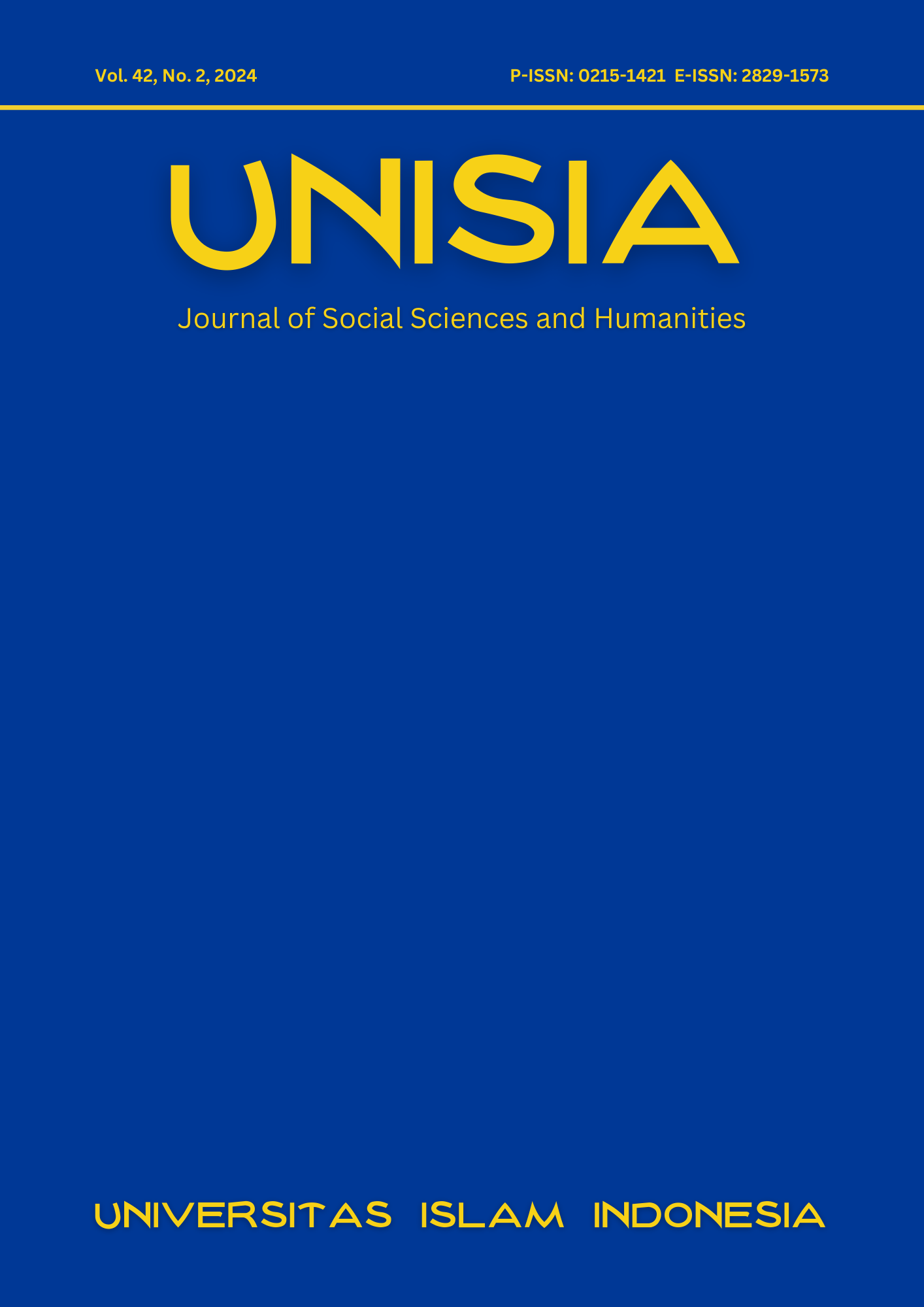Main Article Content
Abstract
Islam and Islamophobia are actual and factual themes in the life of the Indonesian nation. Freedom of expression as a product of the 1998 reform, which was expected to provide opportunities for every citizen, has, in some cases, been misused to spread hatred and lies, which can trigger conflict and social disintegration. Film is a mass communication medium that reflects social reality and society's subconscious, and it can be studied multimodally. Films that raise the issue of Islam in national life and even those that raise the issue of Islamophobia as a global phenomenon after the 11 September 2001 attacks in America are increasingly being produced and enjoyed by audiences around the world. This research attempts to portray the issue of Islam and Islamophobia in Indonesian cinema from historical and social aspects as well as record the narrative of Islam and Islamophobia in Indonesia in the post-reformation era. This research uses a descriptive qualitative content analysis approach with data collection through the literature study method. This research found that commodification and commercialization are not the only reasons for producing Islamic-themed films. This research found that self-identification as a modern, ideal Muslim and adhering to Islamic values is an audience need that is fulfilled by film media as a popular culture product.
Keywords
Article Details
Copyright (c) 2024 Herman Felani

This work is licensed under a Creative Commons Attribution-ShareAlike 4.0 International License.
- Authors retain copyright and grant the journal right of first publication with the work simultaneously licensed under a Creative Commons Attribution License that allows others to share the work with an acknowledgement of the work's authorship and initial publication in this journal.
- Authors are able to enter into separate, additional contractual arrangements for the non-exclusive distribution of the journal's published version of the work (e.g., post it to an institutional repository or publish it in a book), with an acknowledgement of its initial publication in this journal.
- Authors are permitted and encouraged to post their work online (e.g., in institutional repositories or on their website) prior to and during the submission process, as it can lead to productive exchanges, as well as earlier and greater citation of published work.




